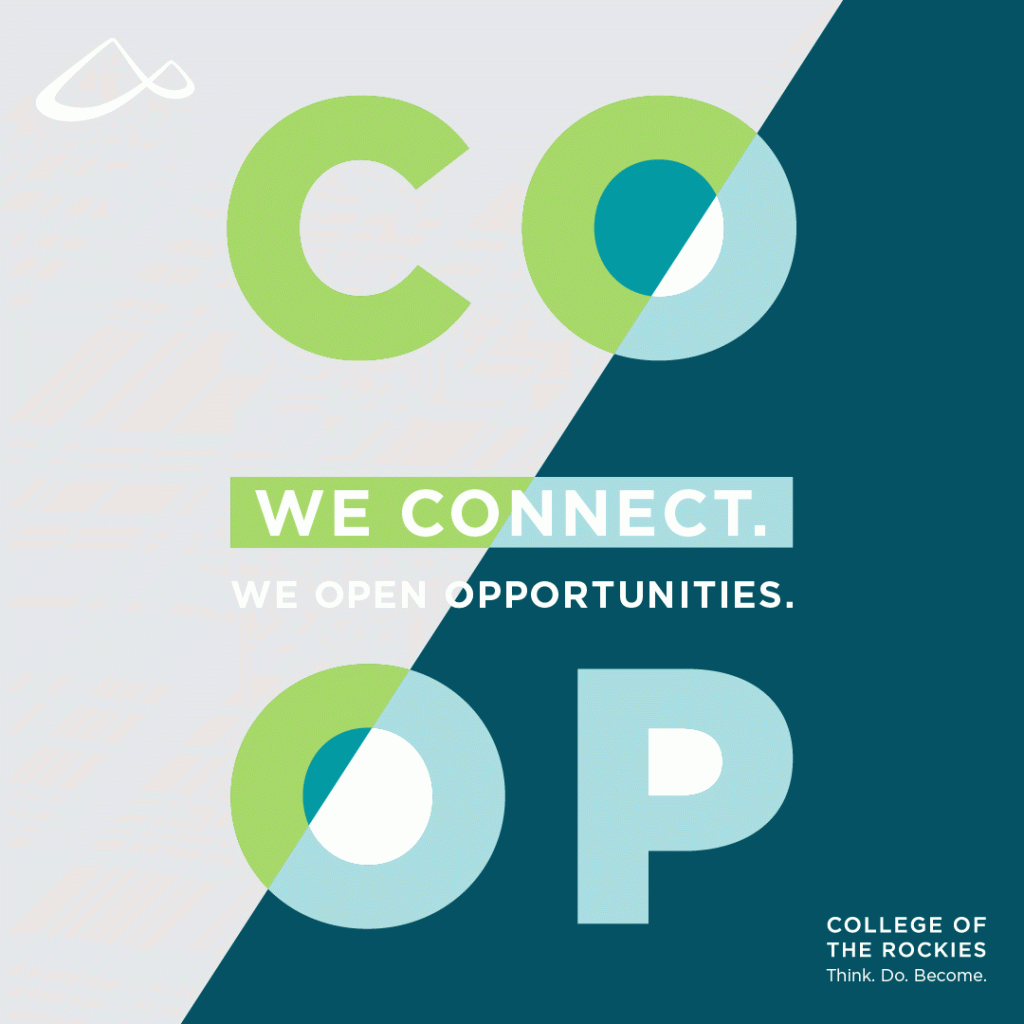Bachelor of Business Administration: Sustainable Business Practices
Prepare to succeed in the fast-paced, competitive business environment without compromising the needs of our future. The Bachelor of Business Administration: Sustainable Business Practices realizes that sustainability is the benchmark for businesses in the 21st century and can help prepare you for this new business environment.
Program Information
While sustainability is the focus, a combination of liberal arts, science and specific business courses make up this four-year degree. We are proud to say that our students regularly earn medals at the Western Canadian Business Competition, due in part, we’re sure, to our small class sizes which allow our faculty to provide more personalized attention.
The BBA is designed to be flexible and accessible. You can choose to study full-time or part-time, in traditional classrooms or online. You can also choose to focus with specific electives, and enter or exit the program at various points. Qualifying courses from other institutions may be used to meet some of the upper level course requirements.
Overview
View admission requirements, program completion requirements and individual course information.
Note: The information for this program is currently set to display information for the 2026/27 academic year. To view other years, choose from the sort feature from the “select calendar” drop-down.
View or download the pdf version of the official program outline
Students who complete their Accounting diploma and BBA at College of the Rockies will be eligible to enter straight into a Chartered Professional Accounting (CPA) Professional Education Program (PEP).
The baccalaureate degree is awarded to students completing 120 credits including foundational courses in business, liberal arts and sciences, upper level business specialization courses and a capstone project in sustainability.
Are you currently completing a business or tourism diploma at one of our partner Colleges? We have transfer agreements that allow you to transfer “blocks” of courses directly into our BBA program. Currently we have agreements with the following institutions:
Tuition and Fees for Domestic Students
For the 2025/26 academic year (2025/SU, 2025/FA, 2026/WI, 2026/SP)
Year 1
| Application Fee: | $30.00 |
| Tuition: | $3,725.70 |
| Lab Fee: | $170.76 |
| Student Association Fee: | $69.00 |
| Bus Pass Fee: | $88.80 |
| Health and Dental Fee: | $240.00 |
Year 2
| Tuition: | $3,725.70 |
| Lab Fee: | $170.76 |
| Student Association Fee: | $69.00 |
| Bus Pass Fee: | $88.80 |
| Health and Dental Fee: | $240.00 |
Year 3
| Tuition: | $3,725.70 |
| Lab Fee: | $170.76 |
| Student Association Fee: | $69.00 |
| Bus Pass Fee: | $88.80 |
| Health and Dental Fee: | $240.00 |
Year 4
| Tuition: | $5,063.37 |
| Lab Fee: | $170.76 |
| Student Association Fee: | $69.00 |
| Bus Pass Fee: | $88.80 |
| Health and Dental Fee: | $240.00 |
*Tuition and Fees for domestic students are estimates and are subject to change. Depending on course electives there may be additional lab fees. Tuition and Fees do not include textbook costs or supplies. Tuition fees include student technology fees, student activity fees, and alumni fees. For more information, visit: Tuition and Fees.
Tuition and Fees for International Students
For the 2025/26 academic year (2025/SU, 2025/FA, 2026/WI, 2026/SP)
Year 1
| International Application Fee: | $100.00 |
| One-time International Education Fee: | $100.00 |
| Tuition: | $16,340.70 |
| Lab Fee: | $170.76 |
| Student Association Fee: | $69.00 |
| Bus Pass Fee: | $88.80 |
| Health and Dental Fee: | $240.00 |
| Guard.me Insurance: | $270.00 |
Year 2
| Tuition: | $16,340.70 |
| Lab Fee: | $170.76 |
| Student Association Fee: | $69.00 |
| Bus Pass Fee: | $88.80 |
| Health and Dental Fee: | $240.00 |
Year 3
| Tuition: | $16,340.70 |
| Lab Fee: | $170.76 |
| Student Association Fee: | $69.00 |
| Bus Pass Fee: | $88.80 |
| Health and Dental Fee: | $240.00 |
Year 4
| Tuition: | $22,207.64 |
| Lab Fee: | $170.76 |
| Student Association Fee: | $69.00 |
| Bus Pass Fee: | $88.80 |
| Health and Dental Fee: | $240.00 |
*Tuition and Fees for international students are estimates and are subject to change. Depending on course electives there may be additional lab fees. Tuition and Fees do not include textbook and supplies. Tuition fees include student technology fees, student activity fees, and alumni fees. For more information, visit: Tuition and Fees.
Refer to: International Education Fees Schedule for 2026/27 tuition.
Career Info and Pathways
Career choices are dependent upon your area of interest and whether you desire to start your own business or to be a valued contributor to an existing organization. Here are just a few career options:
- Accounting Technician *
- Administrative Officer *
- Banking, credit, other investment manager *
- Business Development Officer / Market Researcher / Analyst
- Economics and Economic Policy Researchers / Analyst
- Financial / Investment Analyst
- Financial Auditor *
- Financial Manager *
- Human Resources Professional *
- Professional Occupation in Advertising, Marketing, Public Relations
* High Opportunity Occupation
Program Planning Forms – for COTR Diploma to BBA Degree
Use the following planning forms to assist you in making course selections when transitioning from a diploma to the BBA degree. Contact an Education Advisor if you have any questions.
Bachelor of Business Administration Planning form
- Accounting Diploma to BBA Degree
- Adventure Tourism Business Operations Diploma to BBA Degree
- Associate of Arts to BBA Degree
- Associate of Science to BBA Degree
- Environmental Studies to BBA Degree
- General Management Diploma to BBA Degree
- Hospitality Management Diploma to BBA Degree
- Marketing Diploma to BBA Degree
- Recreation Management Diploma to BBA Degree
- Tourism Management Diploma to BBA Degree
Articles of Interest

College of the Rockies students excel in nation-wide marketing simulation
Kathleen Faye Chu Nicdao & Michelle Chan
Program Details
Delivery Method:?
Blended, On-campus, Online
Credential:
Degree
Categories:
Business, Finance & Accounting, University Studies
Interests:
Complete a Degree, Start or Run Your Own Business
Contact Details
Cranbrook
2700 College Way,
Box 8500, Cranbrook, BC, V1C 5L7
Phone: 250-489-2751
Toll-free: 1-877-489-2687
Email: info@cotr.bc.ca


